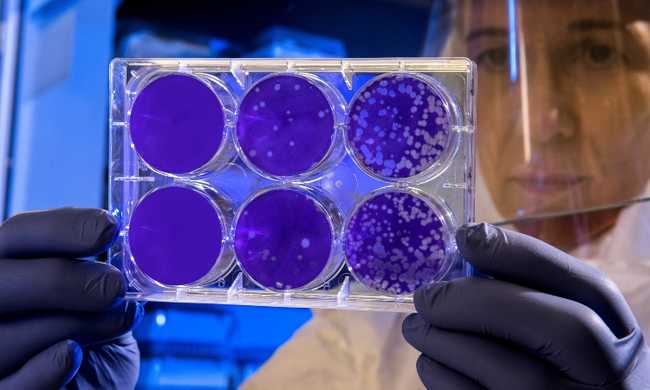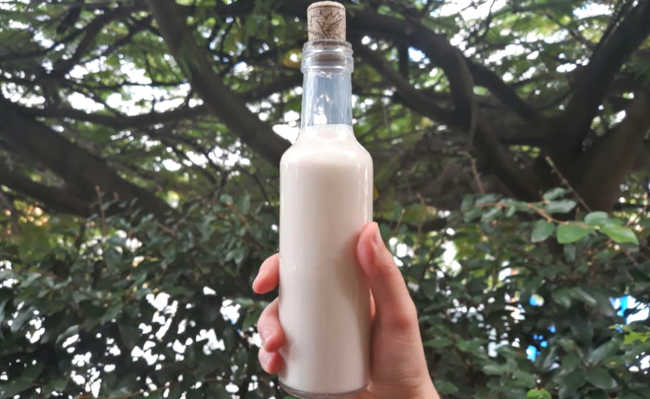Do the problems caused by pesticides justify their use?
The impact of the use of pesticides and the manufacture of pesticides is often irreversible

With the constant growth of the world population, agricultural production must become more and more efficient over the years. This is the main justification for the manufacture and sale of fertilizers and pesticides.
But can this justification be used as a pretext for the intoxication of animals, the environment and human beings? Are there no alternatives to using this type of product?
To start this discussion, we need to know what pesticides are. This type of product is a chemical compound whose active ingredient kills off various types of pests (hence the name pesticide) that affect the agricultural productivity of a crop. These pests can be insects, weeds, fungi, worms, rodents and many other pests.
Environmental impacts
In general, pesticides are toxic, regardless of which compound is used, some being less, and others more harmful to human health and the environment.
One of the most common problems is the contamination of soil, groundwater and rivers and lakes. When pesticides are used, they reach the soil and the rain, or the plantation's own irrigation system, facilitates the arrival of pesticides in water bodies, polluting them and intoxicating all life present there.
A good example of how this type of toxic product works can be seen in insecticides such as organochlorines and organophosphates. Both are bioaccumulative, meaning that the compound remains in the body of an insect or a fish after its death. If any other animal feeds on an infected being, it will also become intoxicated, and so on, increasing the scope of the problem.
The use of pesticides even contributes to soil impoverishment. Studies show that the use of pesticides reduces the efficiency of nitrogen fixation carried out by microorganisms, which makes the use of fertilizers increasingly necessary.
Pesticides also favor the emergence of progressively stronger pests, through a process of “natural selection”, in which animals that are more resistant to pesticides take the place of the most susceptible species. This process also ends up ensuring the maintenance of pesticide production.
Other problems that have already been noticed by studies are the decrease in the number of pollinating bees and the destruction of bird habitat in environments where pesticides are used.
Human health
Human health is affected by pesticides in three ways: during their manufacture, at the time of application and when consuming a contaminated product. Regardless of the form of contact, the effects are extremely dangerous.
Neurological problems such as Alzheimer's disease are associated with exposure to organophosphate insecticides, as is the development of attention deficit hyperactivity disorder in children. The US Environmental Protection Agency (EPA) considers this compound to be a possible carcinogen.
The EPA claims that the effect of the pesticide depends on the active ingredient present in it. Symptoms can range from skin irritation to hormonal problems and the development of cancer.
In 2007, researchers found, after conducting a survey, that most studies reveal an association between exposure to pesticides and the development of non-Hodgkin's lymphoma and leukemia.
For pregnant women, the risk is doubled. Researchers point to strong evidence linking contact with pesticides to problems during pregnancy, such as fetal death, birth defects, neurological development problems, decreased gestation time and low baby weight.
Studies estimate that approximately 25 million agricultural workers in poor countries suffer from some type of poisoning caused by exposure to pesticides. There are several proven situations, such as in the case of two large multinational companies that signed an agreement in 2013 for indemnification of the order of R$ 200 million involving approximately one thousand workers contaminated by carcinogens, between 1974 and 2002, in a pesticide factory in Paulínia, in interior of São Paulo.

Alternatives
All these problems are especially important for Brazil as it is one of the main agricultural frontiers on the planet. Therefore, it is important to discuss healthy alternatives to pesticides.
One of the possible alternatives for replacing pesticides are biopesticides. According to the EPA, the term refers to products made from microorganisms, natural substances or derivatives of genetically modified plants, which control pests.
For the final consumer, the situation is more complex, as it is difficult to know whether the producer used or not biopesticides in his crop. The option is to choose, preferably, organic food and always wash fruits, vegetables and vegetables, regardless of their origin. For tips on how to get rid of pesticides from food efficiently and using products found at home, read our article on the subject.
Popular pressure is also important. Find out about which pesticides are released in Brazil, and put pressure on the authorities to create increasingly restrictive laws that regulate the use of this type of product. The Permanent Campaign Against Pesticides and for Life is an organization that deals with the subject. Visit their website to learn more about their activities.










